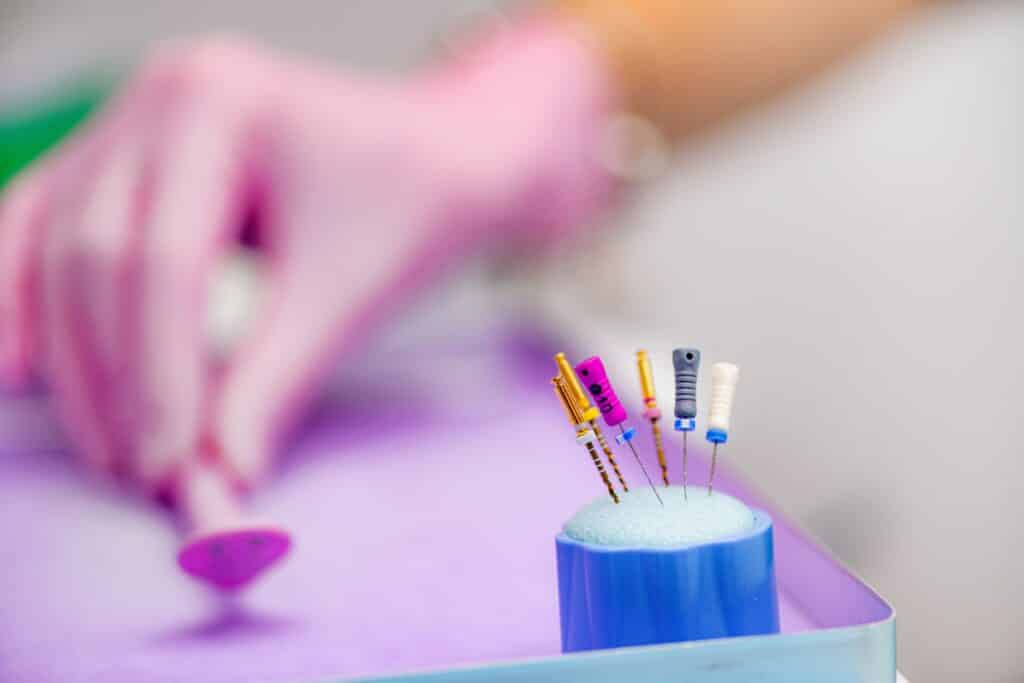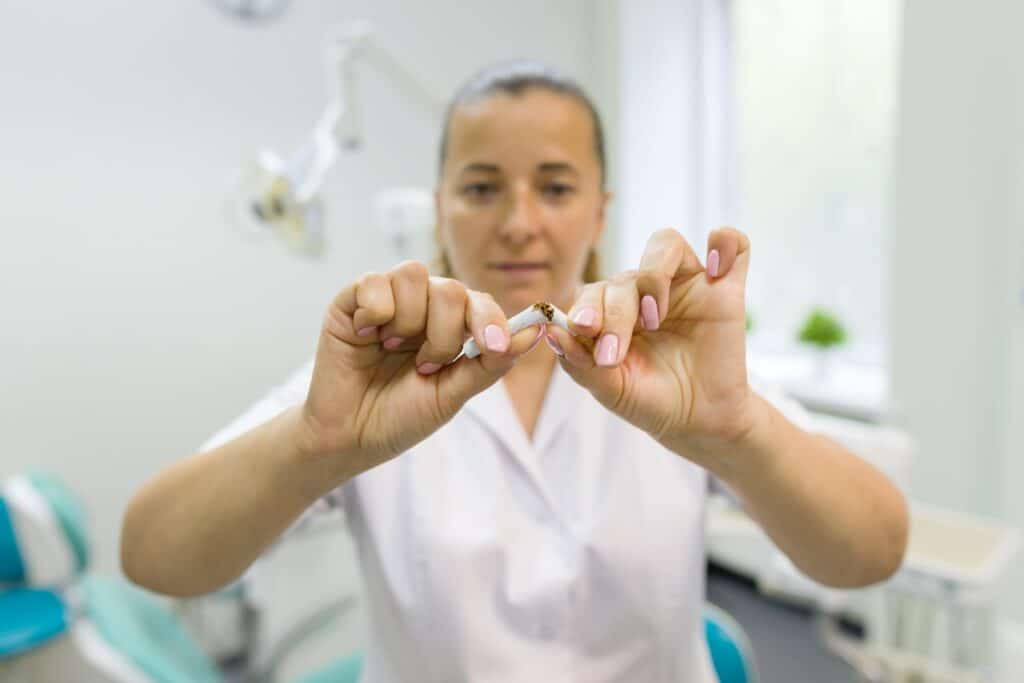Save & Restore Your Tooth With A Root Canal
Root canal therapy in Redmond, WA is the best way to save your tooth if it has become infected. At Redmond Art of Dentistry, Dr. Daniel Bickel specializes in endodontic treatment and can provide you with the best possible results. Immediate treatment for your infected tooth is essential to prevent further complications and eliminate your pain and discomfort. Contact us now to schedule an appointment, and get the help you need right away.
Signs That You Need Root Canal Therapy in Redmond, WA
- Serious and painful toothache that lasts 1-3 days or longer
- Sensitivity to the pressure of chewing, as well as hot or cold foods
- Swelling and inflammation of the gum tissue around the affected tooth
- Visible darkening or discoloration of the tooth


What Is A Root Canal?
A root canal is a treatment that’s used to restore an infected tooth. Teeth become infected when the exterior layers of the tooth are seriously damaged by extensive tooth decay or dental trauma. This exposes the “pulp” inside your tooth, which is full of nerves and blood vessels and keeps your tooth alive.
If left untreated, an infected tooth will eventually die and require extraction from your mouth. Root canal therapy is used to avoid this. Dr. Bickel will open up the tooth, remove the infected material, eliminate the infection, and restore your tooth. This preserves your bite and your smile, and ensures you get relief from the pain of an infected tooth.
Understanding The Root Canal Process
The root canal process is quite simple and straightforward to understand. To begin, Dr. Bickel will clean and numb your mouth. Once your mouth is numb, he will begin removing any damaged or decayed tooth material from your mouth. Then, he will extract decayed, infected pulp and tissue from inside the tooth.
After the inside of the tooth has been cleaned, it will be flushed to sanitize it and eliminate any remaining bacteria. Then, the pulp that was removed will be replaced with an inert material to strengthen the tooth. Finally, Dr. Bickel will restore and seal the tooth with a filling or a dental crown, completing the procedure.


Do Root Canals Hurt?
Despite what you may have learned from popular culture, root canals are not a painful procedure. In fact, the process of having a root canal is only a little bit more invasive than having a filling placed. Your mouth will be completely numb throughout the procedure, and you won’t feel a thing while in our office.
While your tooth may feel a bit sore and tender for a few days afterward, there is no other pain or discomfort commonly associated with root canal therapy. In the extremely rare event that you experience severe pain after your root canal, this is a sign that your tooth may need further treatment.
What's The Healing Process After A Root Canal?
After a root canal procedure, your mouth will still be numb for a few hours from the local anesthetic. Do not eat or consume hot liquids until the anesthetic has worn off completely so you don’t accidentally injure yourself.
Once your mouth is no longer numb, you should stick to soft foods for the first few days. You may experience some tooth sensitivity so you may want to avoid very hot, spicy, or acidic foods. You may experience some tenderness or discomfort in the first few days, but taking an over-the-counter anti-inflammatory pain reliever can help provide relief.
It’s important to keep your mouth clean after a root canal procedure to reduce your risk of reinfection. Brush and floss like normal but be extra careful around the site of the root canal. You should be extra gentle around this tooth and avoid chewing with it. Try to chew on the other side of your mouth.


Can I Smoke After A Root Canal?
You should not smoke while you are recovering from a root canal procedure. While smoking has many harmful effects on your health in general, you are particularly vulnerable after a root canal and smoking can negatively impact the healing process.
How Safe Is A Root Canal?
Root canal therapy is a very safe and effective procedure that can save your tooth from extraction. By removing the infected dental pulp from the tooth, we can restore the health of your tooth without removing it and causing bone loss.
Root canals are 95% effective at restoring the health of your tooth and completely removing infection and bacteria. Preserving the health of your natural teeth is better than replacing your teeth.
During a root canal, we remove the source of the infection and fill the tooth with a rubber-like gutta-percha material to rebuild the structure of the tooth. We then usually protect the vulnerable tooth with a dental crown for better strength and durability.


